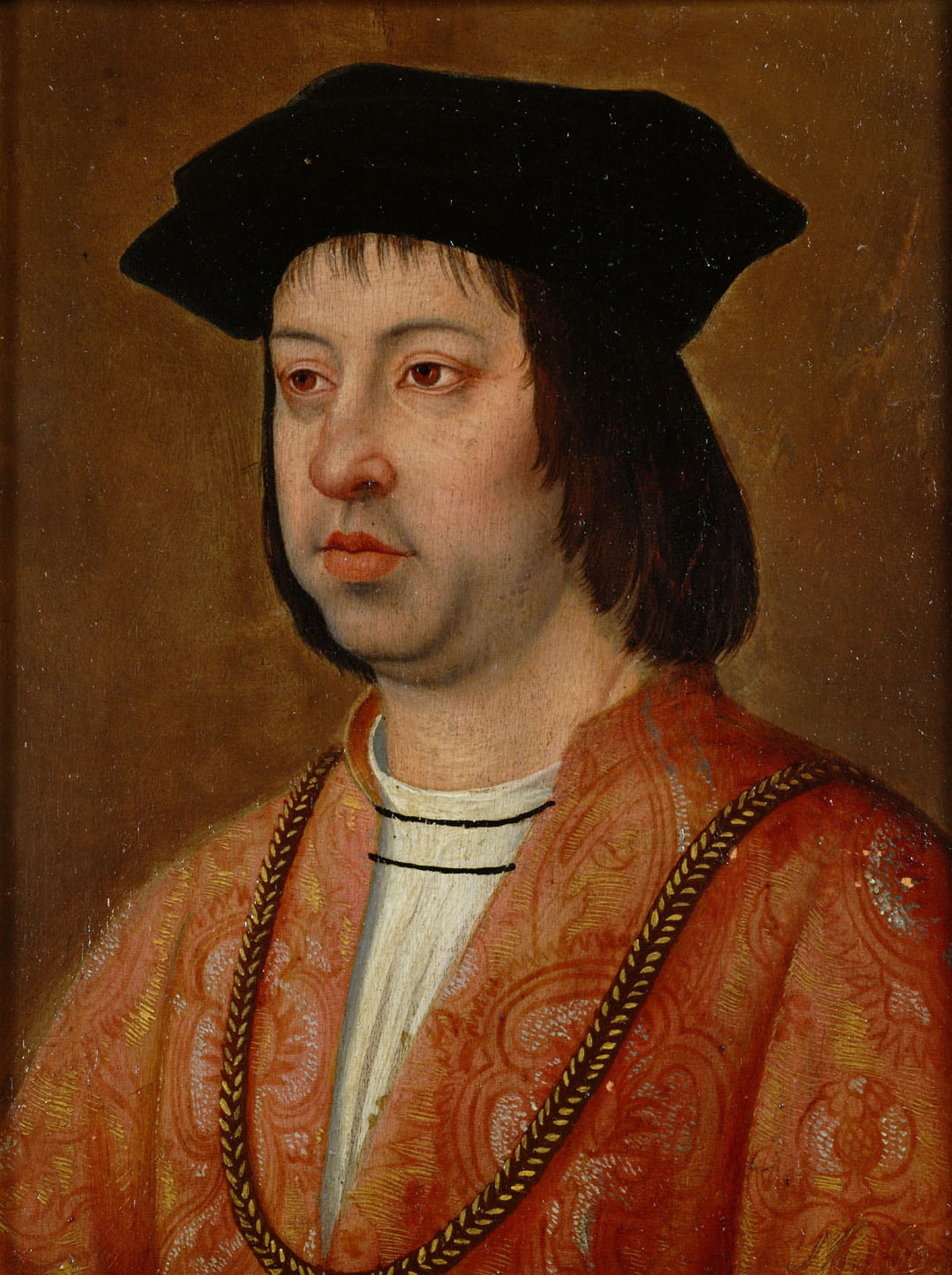[Pre-amble: This is one in a series of posts which includes an alternative set of lyrics to a well known song. Each post will also contain a short introduction to the topic at hand, and a brief explanation of the song itself. A video of the original song will be included so that the reader can listen to the original song while reciting the alternative lyrics at the same time.]
The Song: Ferdinand the Second (based on 'Buddy Holly' by Weezer)
This time around we have an historically themed song for any Spanish or Iberian Nationalists who happen to frequent this blog. It includes references to Spanish Champions such as Ferdinand the Second and Isabella, the Knights of Santiago, the Knights of Calatrava, Manus Dei (the Hands of God), and the Reconquista. (And not forgetting a mention of everyone’s favourite fifth columnists the Marrano Jews!).
 |
| Ferdinand the Second was a Spaniard and a King who retook Spain from the invading Moors. |
The Reconquista was one of the efforts by Nationalists during the Medieval period to retake Their land back from invaders. The situation required Nationalists to act because the Roman Catholic Church did nothing to help them. The Roman Catholic Church was too busy using the abomination known as indulgences to extract money from the population to pay for the Churches lavish furnishings (those jewel-encrusted solid-gold crucifixes don't come cheap ya know!). In fact the practice of the Roman church then is comparable to the practice of the State today: both simultaneously bled the native population dry of money whilst allowing foreigners to invade and genocide them. If you compared the old priestly caste to the modern priestly caste then you probably wouldn't be able to fit a proverbial cigarette paper between them.
In the end it was Nationalists who defended Europe and Christendom from foreigners and foreign belief systems. White Nationalists took their land back by using Military Orders (like the Knights of Santiago) who were a continuation of a Pre-Christian tradition: a small dedicated group of professional warriors (called Hearthmen or hirð in the Nordic culture) would do most of the fighting and non-professional would be used as a support force. I think this is worth noting because it means that the Military Orders should not be grouped together with the rest of the immoral Roman Catholic Church, and should not be judged as Anti-White. Nor, on a side note, should Shamans be mistaken for priests.
The Roman Catholic Church did not protect it's nations from defence against invaders, it was Nationalists who did this. Iberian Nationalists retook their homeland from the Moors, Balkan Nationalists Vlad Tepes of Wallachia and Stephen the Great of Moldavia fought bravely against the Ottomans, and Russian Nationalist Ivan the IV of Moscow threw off the Yolk of the Mongol Horde. Nationalists, not Christians, are who we have to thank for a White Europe. Always remember that whenever you happen to walk past a Cathedral, or Church, or indeed read a Bible and not a Koran, that it was Nationalists like Ferdinand the Second that allowed Christianity and Christians to continue to exist in Europe.
# Ferdinand the Second #
What's with these Moors they've invaded my land?
What do they want from us?
What did we ever do to these Moors,
That made them invade us?
Ooh ooh, know I hate the Moors.
Ooh ooh, and know Spain is mine.
Ooh ooh, and that's what God has said.
Ooh-eeh-ooh I am Ferdinand the Second.
Oh-oh and she's Isabelle the First.
This is Spain and it's only for the Spaniards.
Let's kick these Moors right out.
Knights Santiago and Calavaro,
are the known as 'Manus Dei'.
'cause 'Reconquista' is such an order,
straight from the mouth of God.
Ooh ooh, know I hate the Moors.
Ooh ooh, and know Spain is mine.
Ooh ooh, and that's what God has said.
Ooh-eeh-ooh I am Ferdinand the Second
Oh-oh and she's Isabelle the First.
This is Spain and it's only for the Spaniards.
Let's kick these Moors right out.
Kick these Moors right out.
Bang bang knock down the door,
Knock down the door of Castle du Moor.
Oh know what do we see,
Look it's another Marrano Hebe.
We can't trust them not to stick,
Another traitorous blade in our back.
Chase 'em and a chase 'em and a chase 'em out.
Chase 'em all out these Judas goats.
Uh oh oh uh oh oh.
(And that's what God has said.)
(And that's what God has said.)
Ooh-eeh-ooh I am Ferdinand the Second.
Oh-oh and she's Isabelle the First.
This is Spain and it's only for the Spaniards.
Let's kick these Moors right out.
Kick these Moors right out.
Kick these Moors right out.
Kick these Moors right out.
[End of lyrics.]





